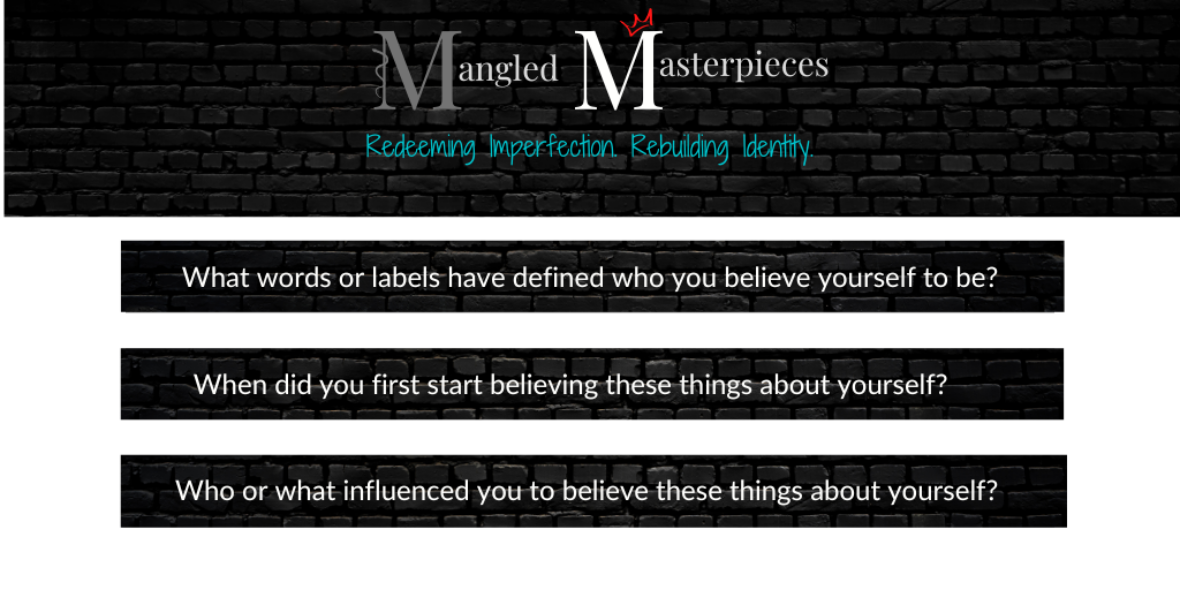Obedience:
compliance with an order, request, law, or submission to another’s authority.
Eek, I’m not too fond of the word. It makes me think of obedience training for dogs. I ain’t no dog.
When the pastor tells the congregation to rise for communion each Sunday, my insides squirm, “Don’t tell me what to do.” I’m a rebel at heart and don’t submit to anyone. That is until I gave my life to Jesus.
Surrendering my life meant dying to self and placing God’s will and Word ahead of my desires, feelings, and thoughts. So, when the pastor tells me to rise, I do it. Not because he is telling me to, but because God has appointed him, and I’m called to respect that.
We (as believers) have a responsibility to live a certain kind of life. Saved by grace, we have put our faith and trust in God. As a result, our response should be that of obedience. Not because we have to, but because we GET to.
What does living an obedient life look like?
- Loving God
- Loving others
Big Picture Obedience
-Viewing scripture as the highest authority in our lives and living by it.
-Reading the bible (so we know what scripture says).
-Prayer: asking for God’s guidance in all situations.
– Worship: expressing gratitude for who God is and what He’s done.
-Sharing the gospel: telling others about Jesus.
-Discipleship: mentorship in the ways of Jesus.
-Collaborating with the Holy Spirit in everything we do.
-Placing Jesus and his ways above everything (politics and other worldly ways).
-Willingness to continue being molded into the likeness of Jesus.
-Living life differently and sharing in His suffering.
What this looks like in everyday life:
Entertainment: Intentionally choosing what we watch and listen to.
Choosing our words wisely.
Taking thoughts captive and aligning them with God’s will.
Forgiveness (despite feelings).
How we view and treat others.
Not sitting in our own pity parties. Taking responsibility for our part, repenting as needed, and accepting the gift of grace that’s already been given.
How we use our time, and where we put our energy.
What’s the point of obedience?
- One of the highest forms (if not the highest) of worship.
- An expression of our love, faith, and trust in God.
- Preparation for wherever God leads us. Obedience in the small things prepares us for the bigger things.
- Points others to God: Living and responding differently when storms of life occur.
Benefits of obedience:
- A peace that transcends all understanding. An inner knowing that God has our best interests at heart.
- Increased intimacy with Him.
- Sanctification: Continue growing in the likeness of God
- Not fearing man or anything else in this world.
What one step of obedience can you take today?
“Faith demands commitment at the level of your heart, but obedience demands commitment at the level of your feet.”
(Unknown)
